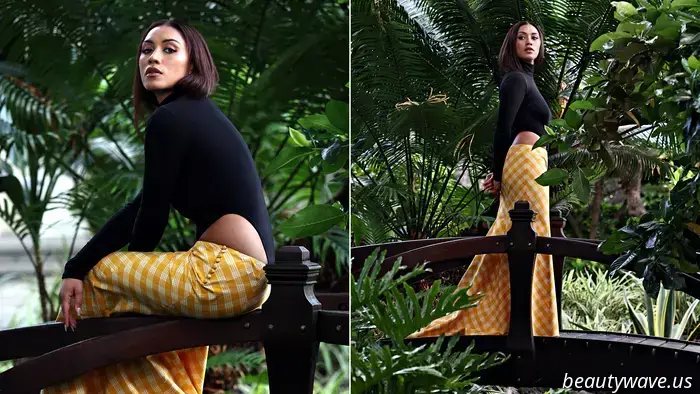
"Proof that Representation Still Matters": Luciane Buchanan Discusses Her Impactful Role as Chief of War
"I really ought to return to that wig shop and say, 'Thank you, everyone! You truly made it happen,'" Luciane Buchanan laughs. The New Zealand actress is talking about the $100 synthetic wig she acquired for her chemistry reading with Jason Momoa for the Apple TV+ historical drama Chief of War. Fresh off filming the popular Netflix series The Night Agent, where her character has a shoulder-length bob, she didn't quite fit the image of a Hawaiian queen, which was hindering her audition. "Polynesian women are recognized for their long, textured, flowing hair," Buchanan explains. "And my hair was growing out slowly." Acting on her manager’s suggestion, she visited a wig shop in Crenshaw and found the perfect piece. This decision turned out to be pivotal, as she was quickly offered the role after her Zoom audition. "When I eventually met Jason in Hawaii, he said, 'Where's that wig? I want it, and I'm going to put it on my wall,'" Buchanan adds.
Buchanan was not just seeking any role in the series; she was auditioning for the lead character Ka‘ahumanu, who is recognized as one of the most significant rulers in early 19th century Hawaii. This project, years in the making for Momoa and co-creator Thomas Pa'a Sibbett, is an expansive and action-filled drama that recounts the violent tale of the Hawaiian islands' unification in the 1780s. Unusually for Hollywood, the series offers an indigenous perspective and features a predominantly Polynesian cast. It's not merely a significant cultural moment; the nine-episode series is exhilarating, beautifully filmed, and exceptionally acted—some have even dubbed it the next Game of Thrones.
For Buchanan, who identifies as Polynesian, being part of the project was an obvious choice. She mentioned that if she hadn't landed the role of Ka‘ahumanu, she would have been satisfied taking a background role or working behind the scenes if her schedule permitted. "I always want to be involved in some capacity," she shares with me via Zoom, just returning from a birthday trip to Puerto Rico where she attended a Bad Bunny concert. "I haven’t yet fully grasped being part of [the show]. It feels incredibly special and unique. We're not just the best friend or a character with a couple of lines. We're the central figures… Many Hawaiians on the set mentioned, 'I've never felt this way before.' It underscores the importance of representation."
This was particularly evident during the show’s premiere in July in Oahu, where the pride and genuine emotions of native Hawaiians were palpable. Buchanan recalls, "Tears were streaming." It was especially touching for her to witness the thrill among Hawaiian children. "They will grow up knowing this is the norm—not wishing there was something to look up to," she explains. "That is why I genuinely want to commend Jason. He could have opted for any project… But he was committed to this. That’s pretty remarkable."
Moreover, the show is predominantly conducted in the Hawaiian language, which became Buchanan's favorite aspect of the job. She has developed an interest in native languages over the past few years, particularly due to her ties to her Tongan heritage. Although she is half Tongan and half Scottish, she grew up speaking English rather than her native Tongan. This complicated experience inspired the short film she wrote and starred in called Lea Tupu'anga/Mother Tongue, where a speech therapist, disconnected from her Tongan roots, fabricates her language skills to secure a job. "It’s ironic that I made a short film expressing my inability to speak my mother tongue, and then I take on a job where they ask, 'Can you speak Hawaiian?'" Buchanan reflects. She candidly admits that languages are a challenge for her and feared she might not succeed in learning it. Determined to give it a shot, she sought advice from a friend. "She told me, 'You just have to embrace that fear. You're going to make mistakes, and you'll feel embarrassed… You won’t master it overnight; that’s unrealistic.'" Buchanan took this advice to heart, applying it to all aspects of her role.
Learning the Hawaiian language helped her comprehend Ka‘ahumanu's persona and her manner of speaking. Through extensive research on historical events and a journey to the queen's birthplace, Hāna, and the temple where she spent her later years, Buchanan gained a deeper understanding of the queen's power and influence. She recounts her trip to Maui: she rented a touristy Jeep and embarked on a three-hour drive to Hāna, hoping to find the cave where Ka‘ahumanu was born. After navigating vague directions from locals and getting a little lost, she eventually discovered the cave. "I was like, 'This is incredible.' I removed my hat, took off my shoes, and approached the plaque marking




Other articles
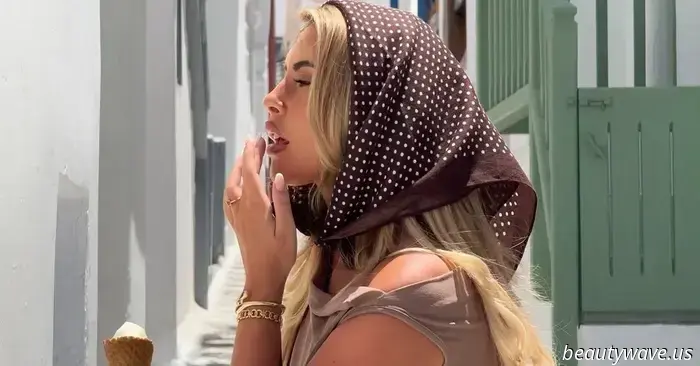 A dermatologist informed me that my favorite lip glosses were *drawing* in sun damage—here's what you need to understand.
Additionally, all of my favorite beauty products infused with SPF.
A dermatologist informed me that my favorite lip glosses were *drawing* in sun damage—here's what you need to understand.
Additionally, all of my favorite beauty products infused with SPF.
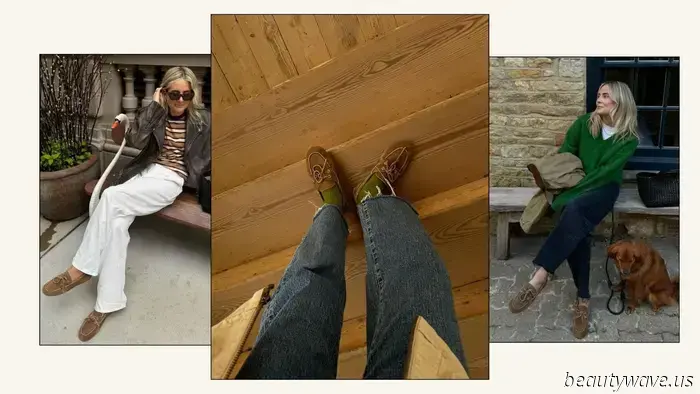 It's Official: These Stylish Loafers Are the Most-Coveted Shoes of the Year—and They're Available Again.
They enhance every outfit.
It's Official: These Stylish Loafers Are the Most-Coveted Shoes of the Year—and They're Available Again.
They enhance every outfit.
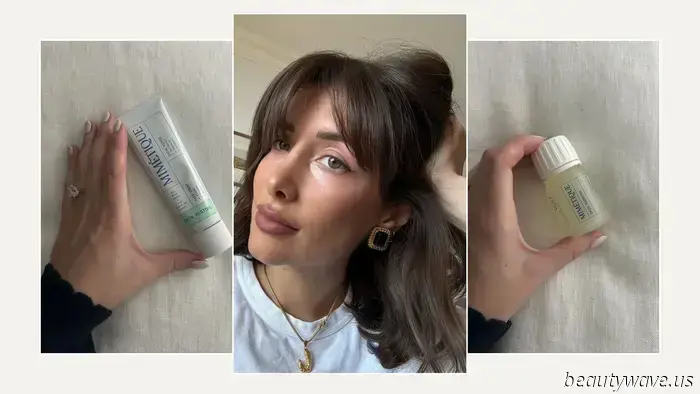 I Desire Parisian-Like Skin—This Stylish New French Brand Just Saved Me the Travel Miles
Hi there, shine.
I Desire Parisian-Like Skin—This Stylish New French Brand Just Saved Me the Travel Miles
Hi there, shine.
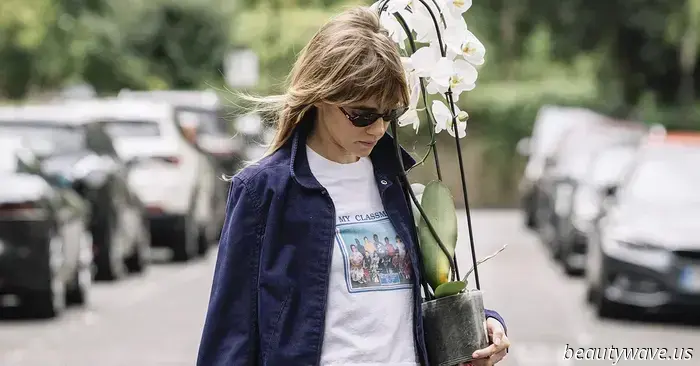 This is the shorts color trend that everyone is beginning to sport as fall approaches next month.
Suki Waterhouse, the beloved boho It girl, recently showcased the shorts color trend that's ideal for transitioning from summer to fall. Check it out here.
This is the shorts color trend that everyone is beginning to sport as fall approaches next month.
Suki Waterhouse, the beloved boho It girl, recently showcased the shorts color trend that's ideal for transitioning from summer to fall. Check it out here.
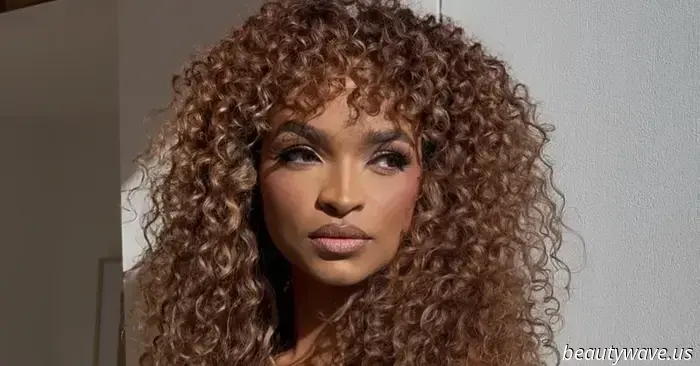 Apologies, but I'm already predicting fall hair color trends—these expert suggestions will appear vibrant both now and in the future.
In my opinion, it's never too early.
Apologies, but I'm already predicting fall hair color trends—these expert suggestions will appear vibrant both now and in the future.
In my opinion, it's never too early.
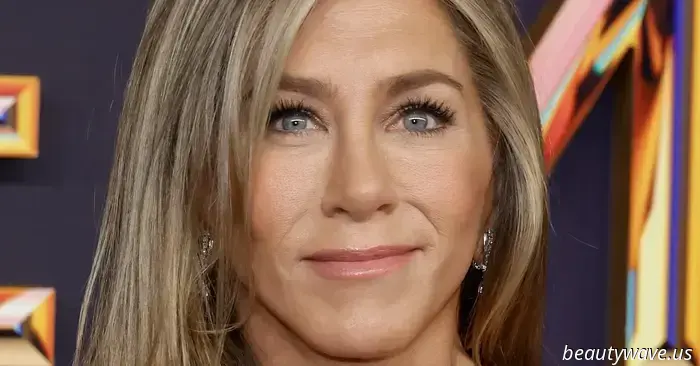 Jennifer Aniston Admits to Having a Soft Spot for Instagram Beauty Recommendations—She Tried and Loved 2 Face Creams.
Jennifer Aniston recently shared two essential face creams she found on Instagram. Click here to check out the specific products.
Jennifer Aniston Admits to Having a Soft Spot for Instagram Beauty Recommendations—She Tried and Loved 2 Face Creams.
Jennifer Aniston recently shared two essential face creams she found on Instagram. Click here to check out the specific products.
"Proof that Representation Still Matters": Luciane Buchanan Discusses Her Impactful Role as Chief of War
In this exclusive interview with Luciane Buchanan, we discuss her impactful performance in the Apple TV+ series Chief of War.
